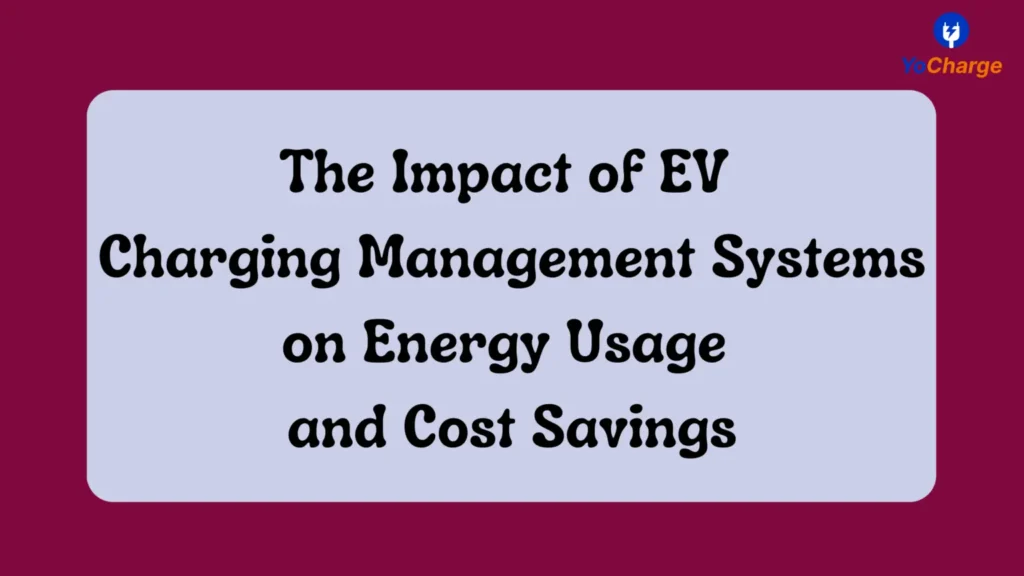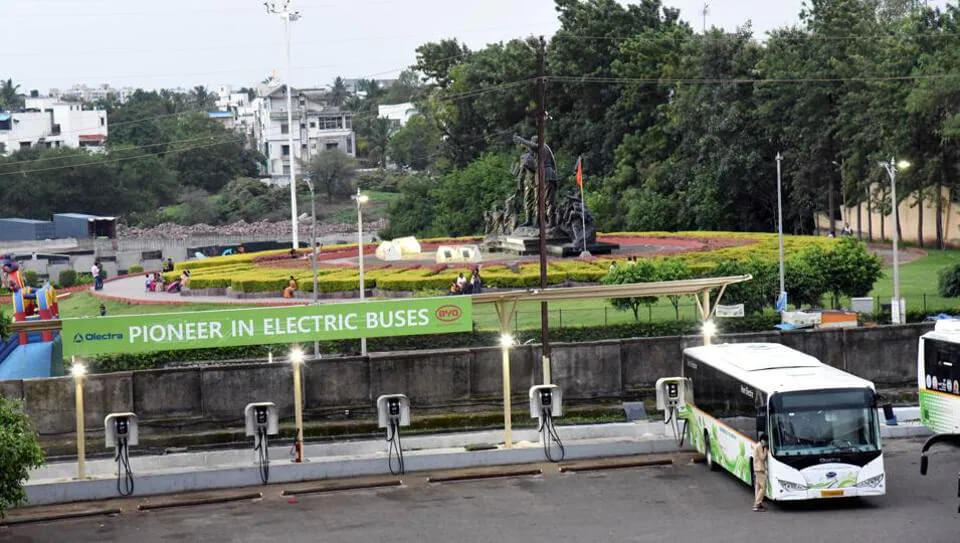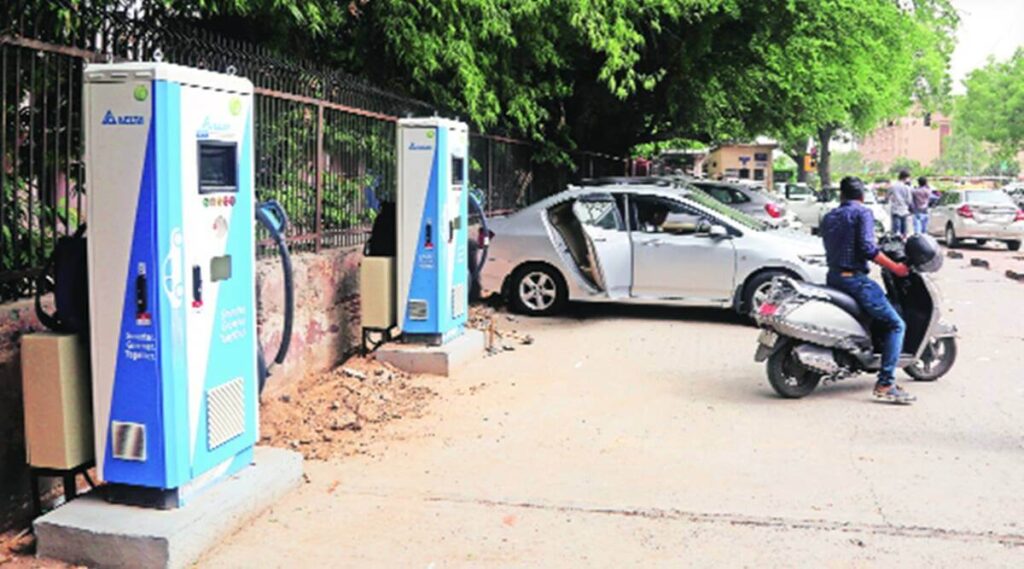
The adoption of EV’s comes with its own set of challenges, including the need for a reliable and efficient charging infrastructure. While the installation of charging stations is crucial, it can also lead to increased energy usage and costs. That’s where EV charging management systems come in. These systems can help optimize energy usage and reduce the cost of charging, making the transition to EV’s more accessible and affordable for everyone. In this article, we’ll explore the impact of EV charging management systems on energy usage and cost savings.
Impact of EV Charging Management Systems on Energy Usage
EV charging management software help optimize energy usage by intelligently managing the charging process. These systems can regulate the charging speed and timing, depending on factors such as the time of day, the vehicle’s battery level, and the availability of renewable energy sources. Here are some of the ways that EV charging management systems can impact energy usage:
1. Load Management
EV charging management systems can distribute the load of charging among multiple charging stations. By doing so, they can prevent overloading the electrical grid during peak hours, when demand is high. They can also distribute the charging load to off-peak hours, when the demand for electricity is lower. This helps reduce the strain on the grid and ensures a more stable power supply.
2. Dynamic Charging
Dynamic charging allows EV charging management systems to adjust the charging speed according to the vehicle’s battery level and the availability of renewable energy sources. This means that the charging speed can be slowed down or even paused when renewable energy is scarce, and ramped up when it’s abundant. This not only helps reduce the strain on the grid but also encourages the use of renewable energy sources.
3. Smart Charging
Smart charging enables EV charging management systems to prioritize charging based on factors such as the vehicle’s battery level, the driver’s needs, and the availability of charging stations. This helps prevent overcharging and undercharging, which can both lead to unnecessary energy usage.
Impact of EV Charging Management Systems on Cost Savings
EV charging management systems can also help reduce the cost of charging by optimizing the use of electricity. Here are some ways that they can do this:
1. Demand Response
EV charging management systems can help reduce the cost of electricity by participating in demand response programs. These programs incentivize customers to reduce their electricity consumption during peak hours, when demand is high. By participating in these programs, EV owners can earn credits or cash rewards, which can be used to offset the cost of charging.
2. Time-of-Use (TOU) Tariffs
TOU tariffs allow customers to pay different rates for electricity depending on the time of day. EV charging management systems can take advantage of TOU tariffs by charging during off-peak hours, when the cost of electricity is lower. This helps reduce the overall cost of charging and can lead to significant cost savings.
3. Load Balancing
Load balancing is the process of distributing the load of charging among multiple charging stations. By doing so, EV charging management systems can prevent overloading the electrical grid during peak hours, which can lead to higher electricity prices. This helps reduce the overall cost of charging and can lead to cost savings for EV owners.
Conclusion
EV charging management systems are crucial for optimising the use of electricity and reducing the cost of charging. They help regulate the charging speed and timing, prevent overloading the electrical grid, encourage the use of renewable energy sources, and participate in demand response programs. By doing so, they can help reduce energy usage and cost savings for both EV owners and utility companies. As the adoption of EV’s continues to grow, the importance of EV charging management systems will only increase, and they will play a critical role in shaping the future of sustainable transportation.



